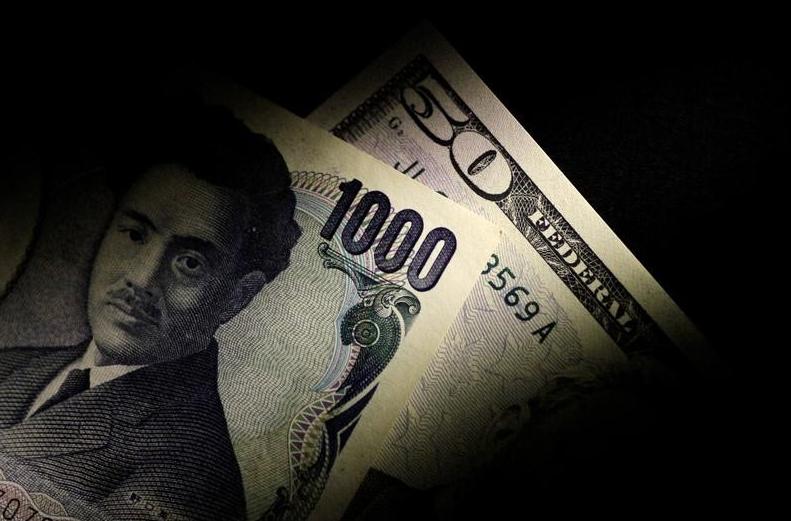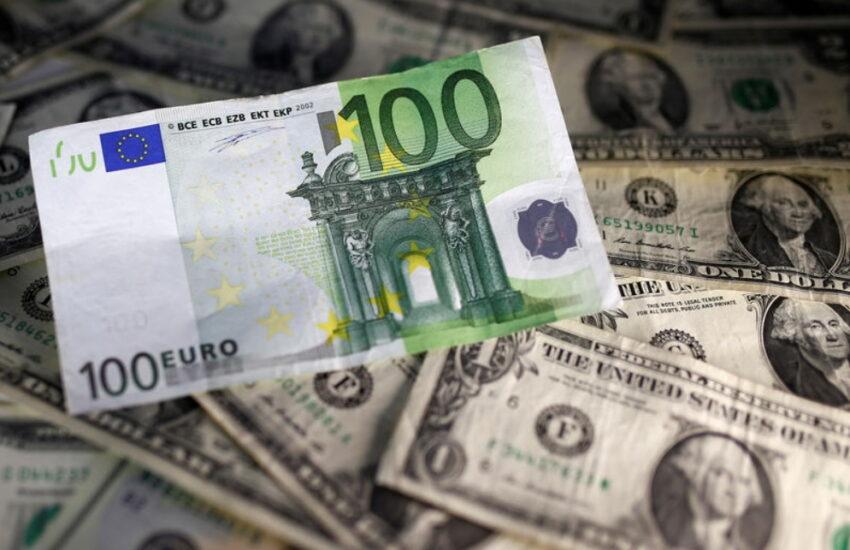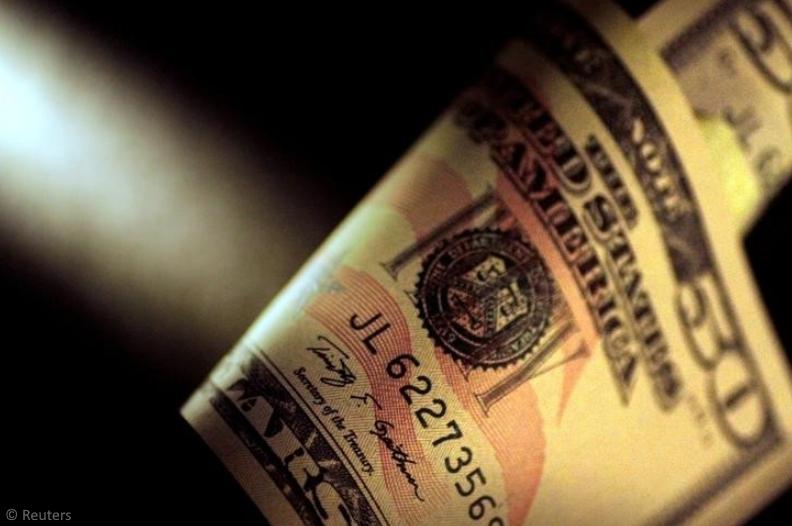The dollar went up against the yen
The dollar rose early in European trading on Thursday amid growing expectations of further sharp interest rate hikes by the US Federal Reserve, with the Japanese yen particularly hit.
At 3:15 AM ET (0715 GMT), the dollar index, which tracks the dollar against a basket of 6 other currencies, traded 0.4% higher at 109.040, not far from a 20-year high of 109. 48, which was earlier this week.
Expectations are growing for a significant US interest rate hike at the next Fed meeting in September on the back of robust economic data as well as continued hawkish comments from Fed officials.
Wednesday’s ADP US jobs report showed a slowdown in the country’s private sector hiring in August, but the gain of 132,000 is still considered good. The earlier JOLTS Jobs Report pointed to continued strength in the labor market, putting Friday’s official job market report in the spotlight.
Expectations for another big rate hike rose after Fed chief Jerome Powell said last week that reducing price pressure to a 2% target was the Fed’s top priority.
Officials continued on the subject: Cleveland Fed chief Loretta Mester said on Wednesday that the central bank needs to raise its base rate from its current target range of 2.25%-2.5% above 4% by early next year and leave it at that level for a while. time to bring down inflation.
This led to an increase in the yield of US Treasury bonds: the yield on 2-year bonds reached a peak of 3.51% – the highest level since the end of 2007.
Japanese officials have made it clear that the country’s interest rate is not going anywhere anytime soon. The difference in exchange rates between Japan and the US sent USD/JPY up 0.3% to 139.38, just below the 24-year high of 139.69 that was hit early in Asian trading.
EUR/USD fell 0.3% to 1.0023 on the strength of the dollar but remains above parity as the European Central Bank is expected to raise interest rates by 75 basis points next week after the Consumer Price Index (CPI) ) of the Eurozone rose to a record 9.1% in August.
“Gas prices and sentiment in Europe are about to undergo a major stress test as the Nord Stream 1 gas pipeline closes for maintenance,” ING analysts said in a note. “All this warns against over-enthusiasm about the recovery of the European currency at this stage.”
GBP/USD fell 0.3% to 1.1583, just above a new 2.5-year low of 1.1569, as the UK economy heads into a prolonged recession, according to the Bank of England.
In addition, former Bank of England Deputy Governor Charlie Bean said on Wednesday that investors are beginning to view British assets as riskier due to signals coming from likely new Prime Minister Liz Truss of plans to cut taxes and increase spending.
USD/CNY rose 0.2% to 6.9015; however, the yuan was impacted by a private survey showing that China’s manufacturing activity contracted in August, coinciding with a government report on Wednesday.
Written by Peter Nurse




